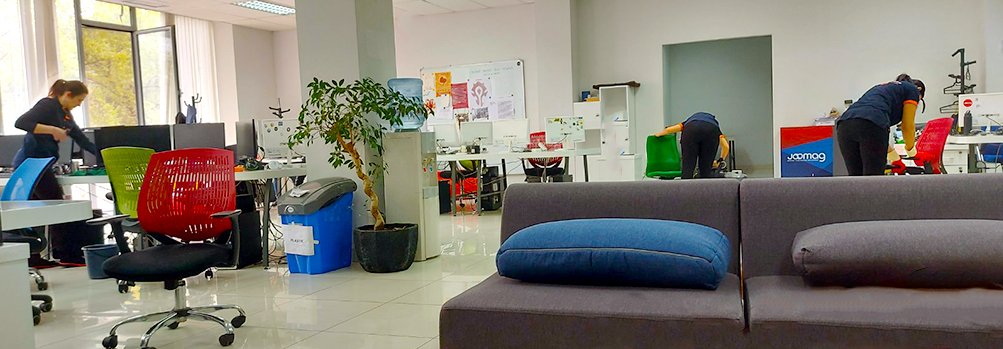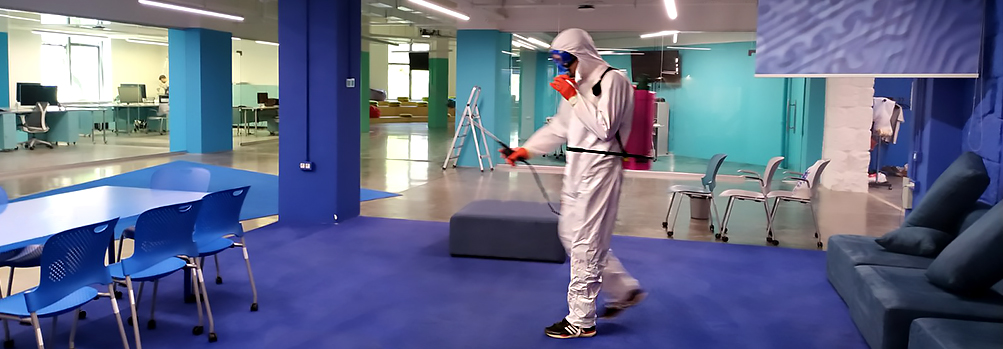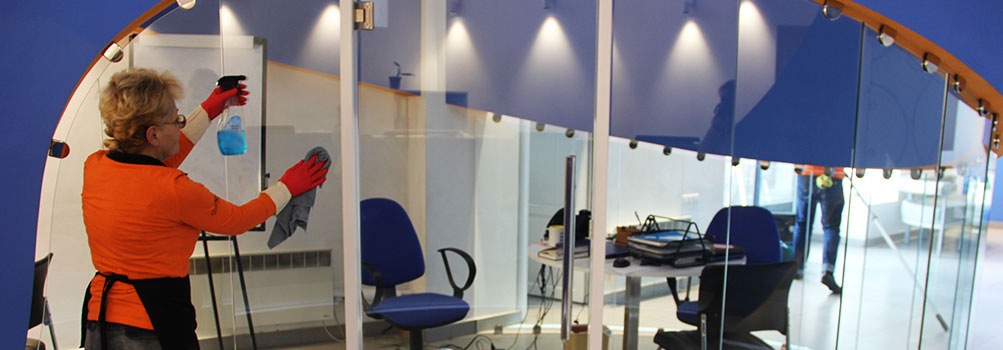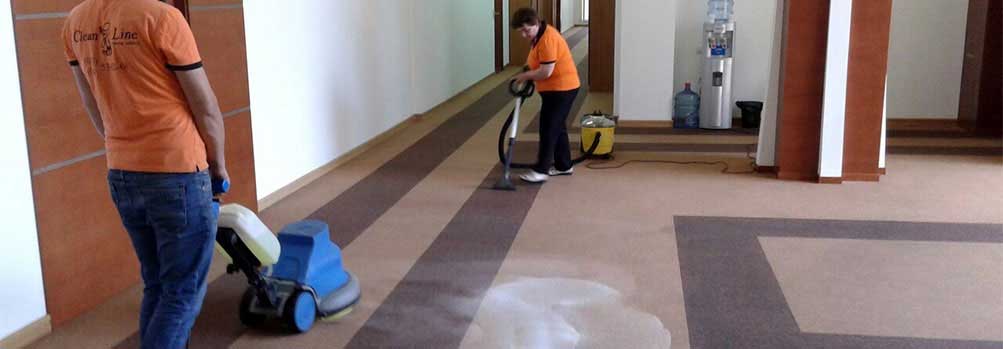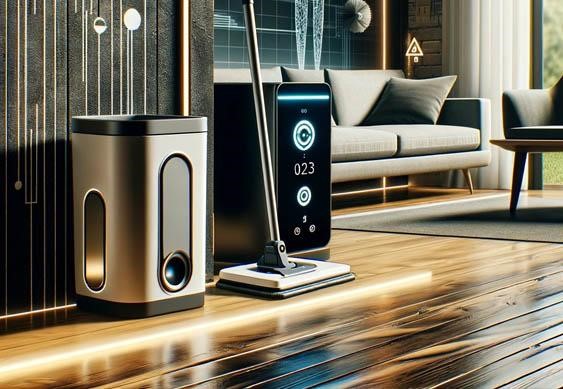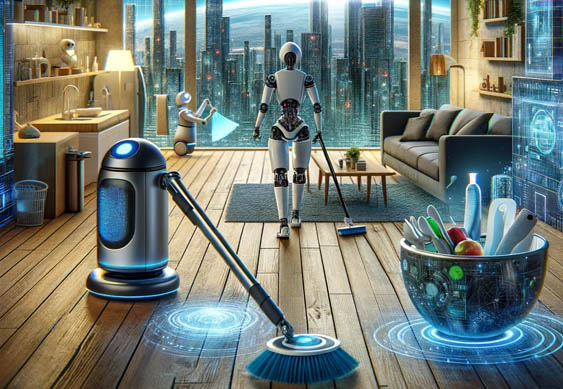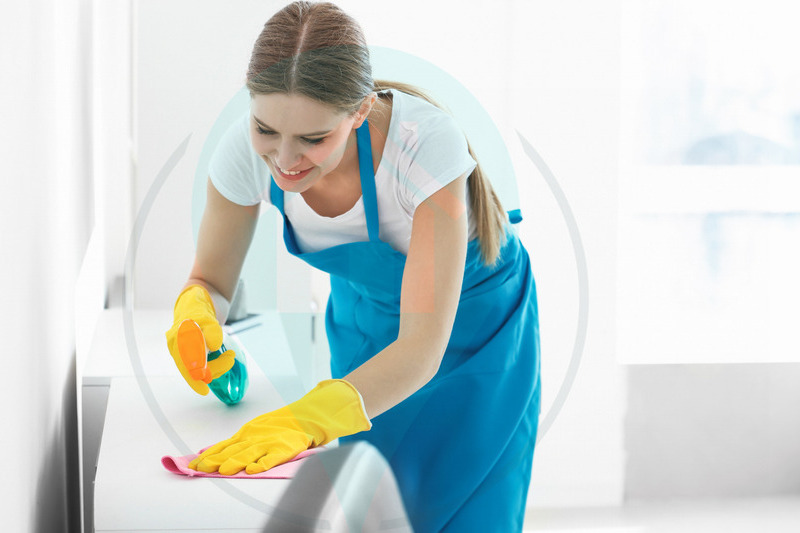 In the hustle and bustle of modern life, self-care has become an
increasingly vital aspect of maintaining mental health and well-being. While
traditional self-care practices often involve activities like meditation,
exercise, or pampering routines, one
element that is sometimes overlooked
is the environment we live in. The state of our living space can significantly
impact our mental well-being, and this is where the connection between
cleaning and self-care comes to the forefront.
In the hustle and bustle of modern life, self-care has become an
increasingly vital aspect of maintaining mental health and well-being. While
traditional self-care practices often involve activities like meditation,
exercise, or pampering routines, one
element that is sometimes overlooked
is the environment we live in. The state of our living space can significantly
impact our mental well-being, and this is where the connection between
cleaning and self-care comes to the forefront.
The Clutter-Mental Health Connection
Numerous studies have explored the relationship between clutter and mental health, consistently finding that an organized and tidy living space can contribute positively to one's emotional state. Clutter has been associated with increased levels of stress and anxiety, making the act of decluttering and cleaning a powerful form of self-care.
When we are surrounded by a mess, our minds can feel equally chaotic. The visual noise created by clutter can be overwhelming, making it difficult to focus and relax. By intentionally cleaning and organizing our space, we take proactive steps to clear both physical and mental clutter.
A Sense of Accomplishment

The act of cleaning, no matter how small, can instill a sense of accomplishment and control over our environment. This feeling of achievement triggers the release of dopamine, a neurotransmitter associated with pleasure and reward. As a result, routine cleaning becomes a self-reinforcing behavior that positively impacts our mood.
Engaging in cleaning activities, such as making the bed, doing the dishes, or vacuuming, offers tangible and immediate rewards. These small victories accumulate over time, contributing to an overall sense of well-being and satisfaction.
The Sanctuary of a Tidy Space
A clean and organized space can serve as a sanctuary—a place to retreat from the demands and stresses of the outside world. Coming home to a tidy environment can create a sense of calm and relaxation, providing a mental refuge that supports mental health.
When our living space is clutter-free, it becomes easier to engage in other self-care activities. Whether it's practicing mindfulness, reading a book, or enjoying a cup of tea, a clean environment sets the stage for these moments of self-nurturing.
Breaking the Cycle of Overwhelm

In times of stress or anxiety, it's not uncommon to feel overwhelmed and paralyzed by the sheer magnitude of tasks that need attention. Cleaning, when approached as a self-care practice, becomes a tool to break this cycle of overwhelm. By breaking down cleaning tasks into manageable steps and focusing on one area at a time, individuals can regain a sense of control and order.
Creating a Positive Feedback Loop
A clean environment establishes a positive feedback loop with our mental state. A tidy space promotes positive thoughts and a more optimistic mindset, reinforcing the importance of self-care. This cyclical relationship between a clean environment and mental well-being highlights the transformative power of incorporating cleaning into one's self-care routine.
Practical Self-Care Cleaning Tips
- Start Small: Begin with manageable cleaning tasks to avoid feeling overwhelmed.
- Establish a Routine: Incorporate cleaning into your regular schedule to maintain a consistently tidy space.
- Celebrate Small Wins: Acknowledge and celebrate the achievements, no matter how minor, as you clean.
- Personalize Your Space: Add elements that bring you joy and comfort, enhancing the positive impact of a clean environment.
- Delegate When Possible: Share cleaning responsibilities with family or housemates to distribute the workload.
In conclusion, cleaning for self-care is a holistic approach to well-being that recognizes the profound impact our living spaces have on our mental health. By intentionally creating and maintaining a clean and organized environment, we invest in our mental well-being, fostering a sense of control, accomplishment, and tranquility. As we navigate the complexities of daily life, let cleaning be more than a chore; let it be a mindful act of self- care that contributes to a healthier and happier you.

